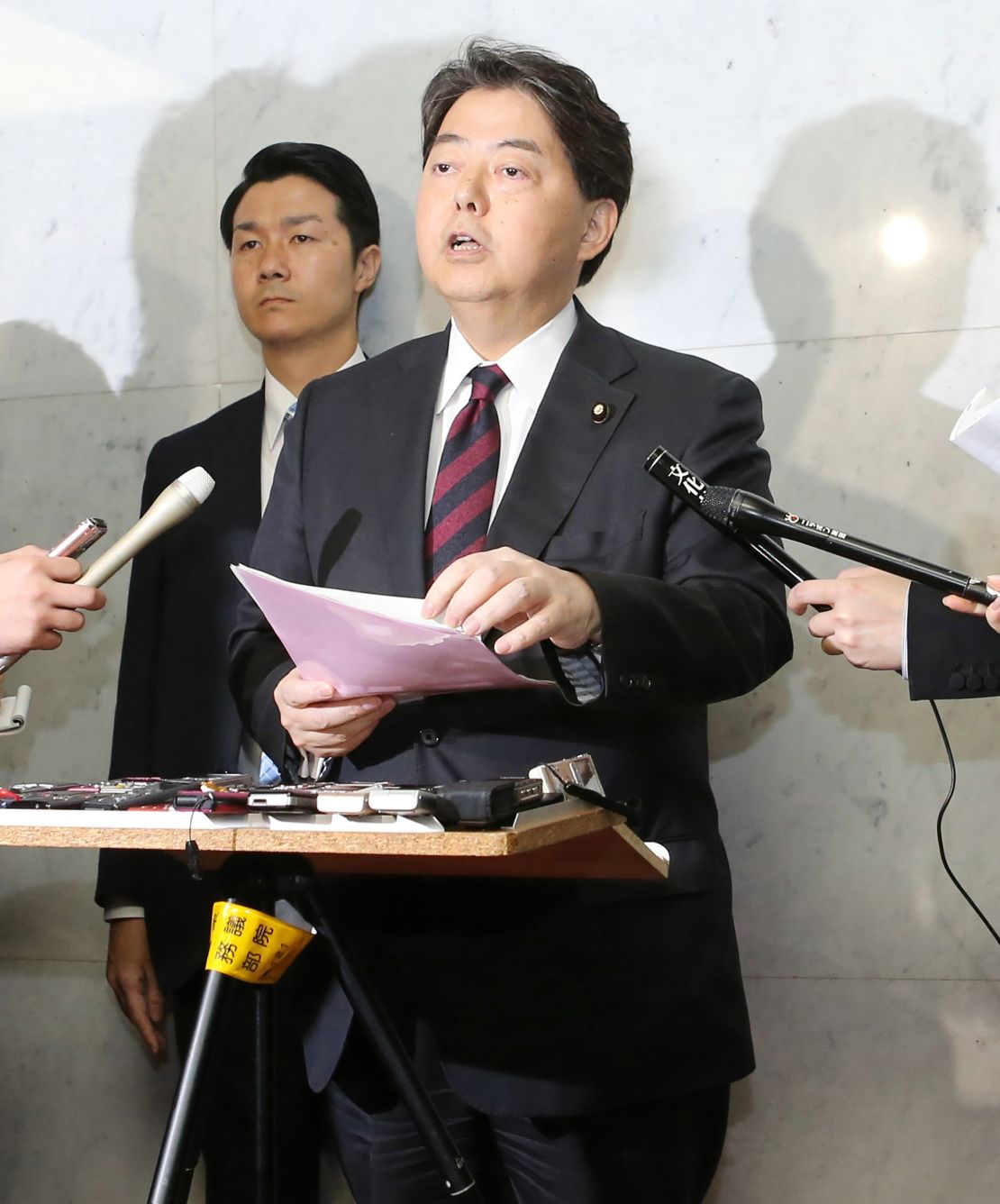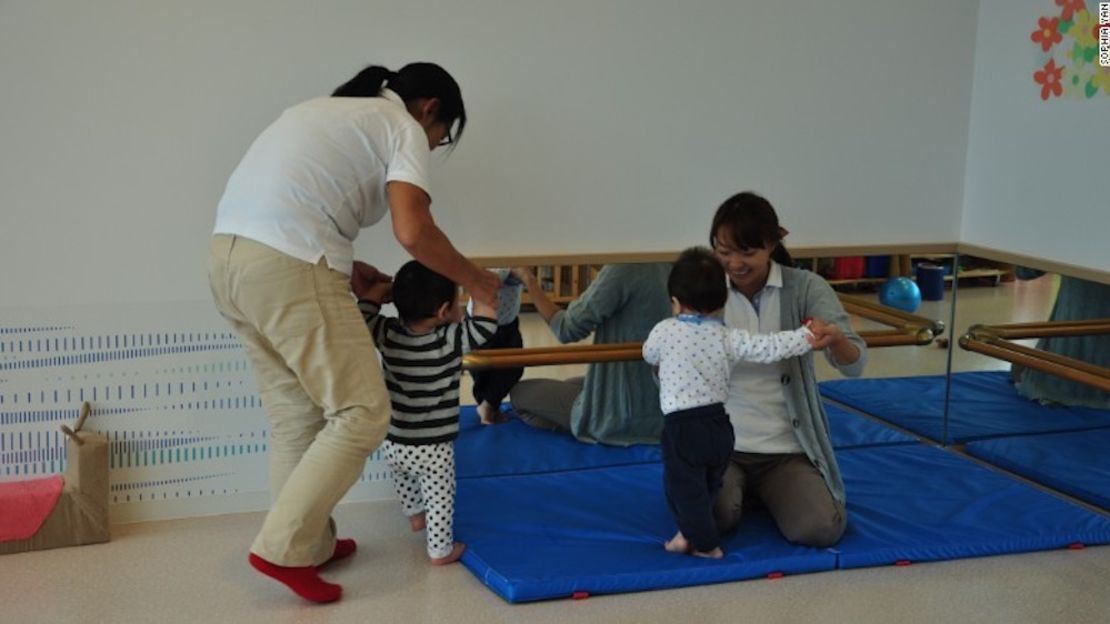The Education Minister of Japan has condemned gender discrimination following reports that Tokyo Medical University allegedly rigged entrance exam scores to lower the ratio of female students.
“We are asking (Tokyo Medical University) to investigate and report as soon as possible how entrance exams have been practiced and if it has been properly done,” Minister Yoshimasa Hayashi said in a press conference on Friday.
“We will wait for their report and consider how we respond. In general, unjust discriminatory selection of entrants for women is totally unacceptable.”

Local newspaper Yomiuri Shimbun first reported on Thursday that the university had allegedly lowered female scores since 2011. An unnamed university source claimed the alleged practice stemmed from a belief that female doctors would leave the profession to get married or give birth, leaving hospitals understaffed.
In 2010, 40% of successful applicants were women, according to the Yomiuri Shimbun. Under the alleged rigging, the number dropped to around 30%, the unnamed source told the newspaper. It dipped even lower this year – women made up 39% of total applicants, but of the students who passed, only 18% were women, according to Tokyo Medical University.
“We are investigating to determine such a case ever happened,” a university spokesperson told CNN. “We are planning to have a press conference once it’s qualified to share the facts. But we do not know yet when that will be.”
The news has sparked outrage on social media and in the medical community.
“It is absolutely unacceptable that female students are deprived of a chance of education only because they are women,” Yoshiko Maeda, chairwoman of the Japan Medical Women’s Association, told CNN on Friday.
It wouldn’t be surprising if other universities had similar rigging practices, Maeda said. Since private schools are not obligated to release exam scores, the selection process is conducted in a “black box,” out of public sight.
“This anachronistic move is very problematic and we must not keep it silent.” she said. “However, it’s a good thing that we have a window of opportunity to look into the black box and got a chance to plunge a scalpel into the wrongdoing.”
The apparent revelation emerged from a separate ongoing bribery investigation involving the university’s admission of the son of an education ministry official, Yomiuri Shimbun reported.
The fight for working women
The scandal comes amid a growing national conversation about women in the workplace, in what remains a traditionally male-dominated society.
In an effort to bolster the country’s stagnating economy, in the face of an aging population and a slowing birth rate, Prime Minister Shinzo Abe pledged in 2013 to empower more working women.
The administration’s efforts have seen some improvement – the percentage of Japanese working women has been slowly increasing, according to Kathy Matsui of Goldman Sachs. Some companies, like the automaker Nissan, offer flexible working hours, parental leave, and on-site childcare facilities to draw more women.

However, far more companies have separate gendered career tracks that prevent upward mobility for women. Women typically end up in administrative roles, often referred to as the “mommy” track.
Other obstacles continue to hinder female employees, including a lack of childcare services, a culture that largely delegates household duties to women, and a gender pay gap of 25%, according to the Organization for Economic Cooperation and Development (OECD).
In the face of such a steep uphill battle, in 2015 the government’s gender equality bureau slashed their target for hiring women in senior positions, from 30% by 2020 to 7%.
Meanwhile, the economy and shrinking workforce continue to struggle, with the government trying to boost fertility rates with cash payments and other incentives.
Japan is simply “running out of people,” Matsui told CNN. That’s “the economic reality we’re facing…so we really need to focus harder on the women.”


